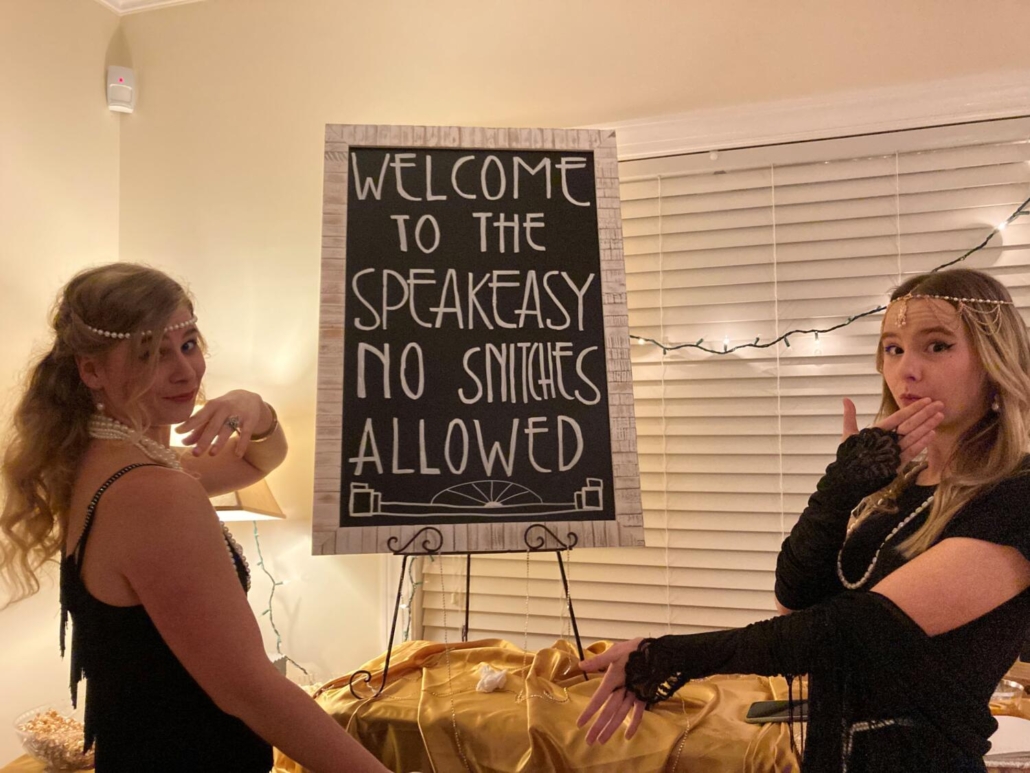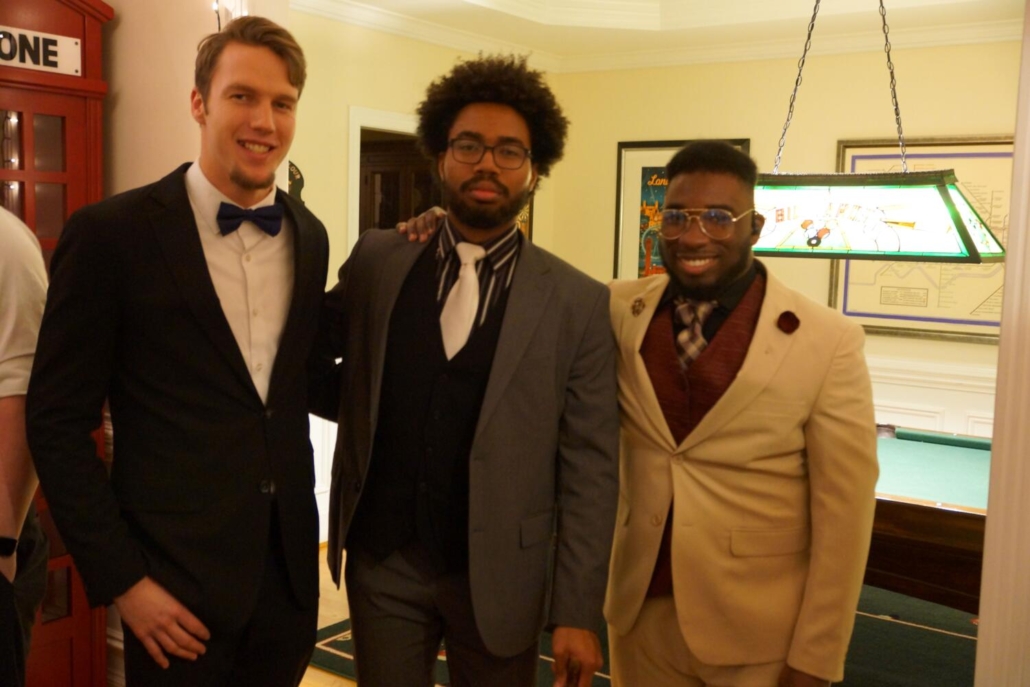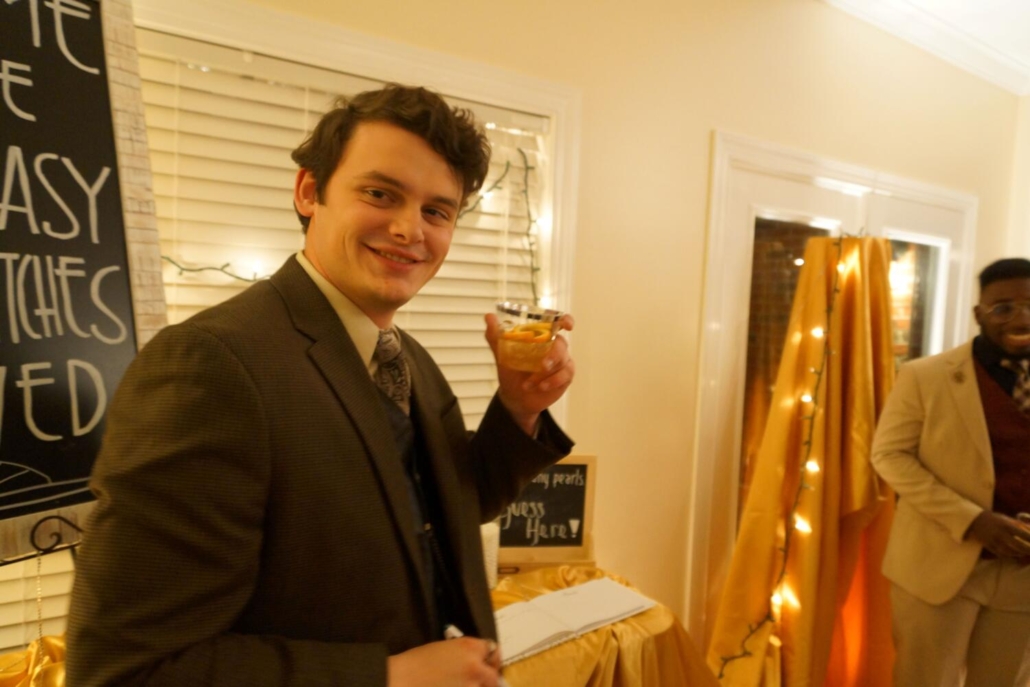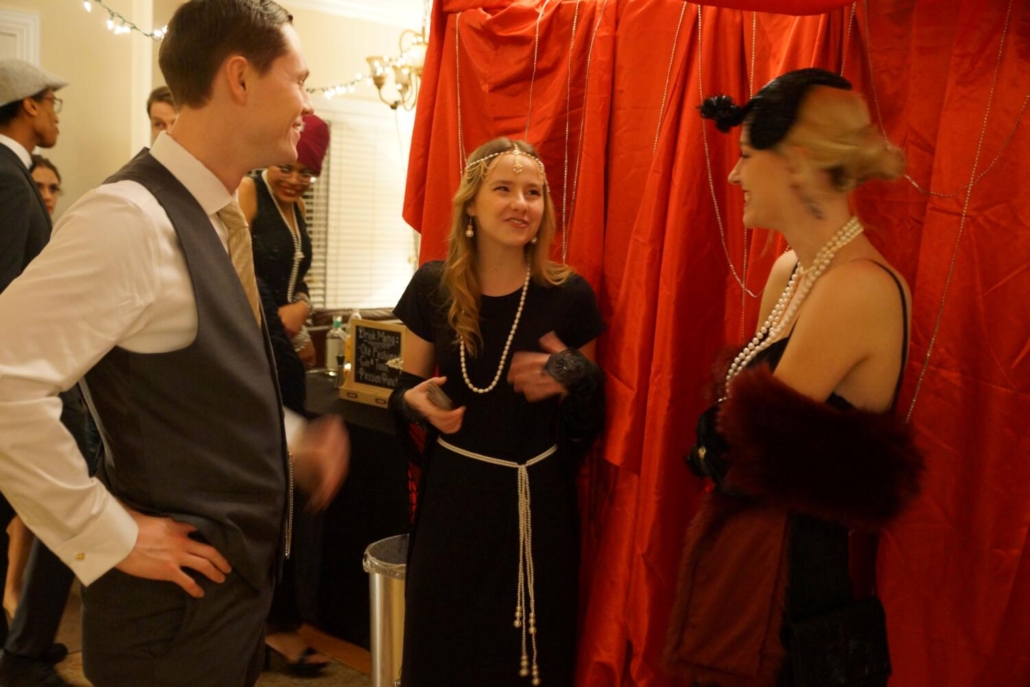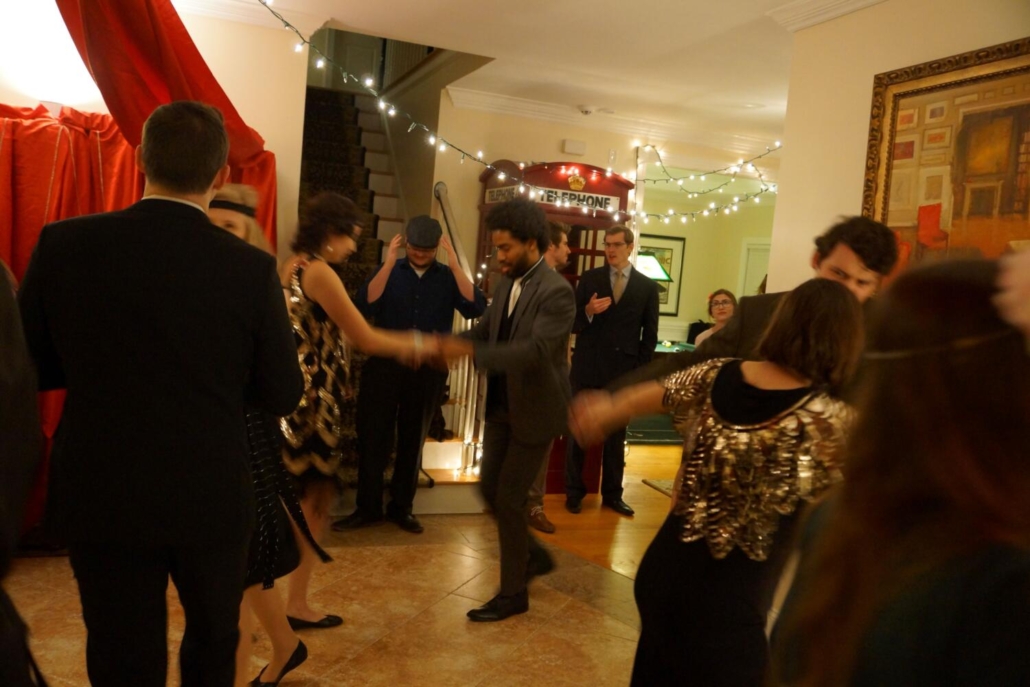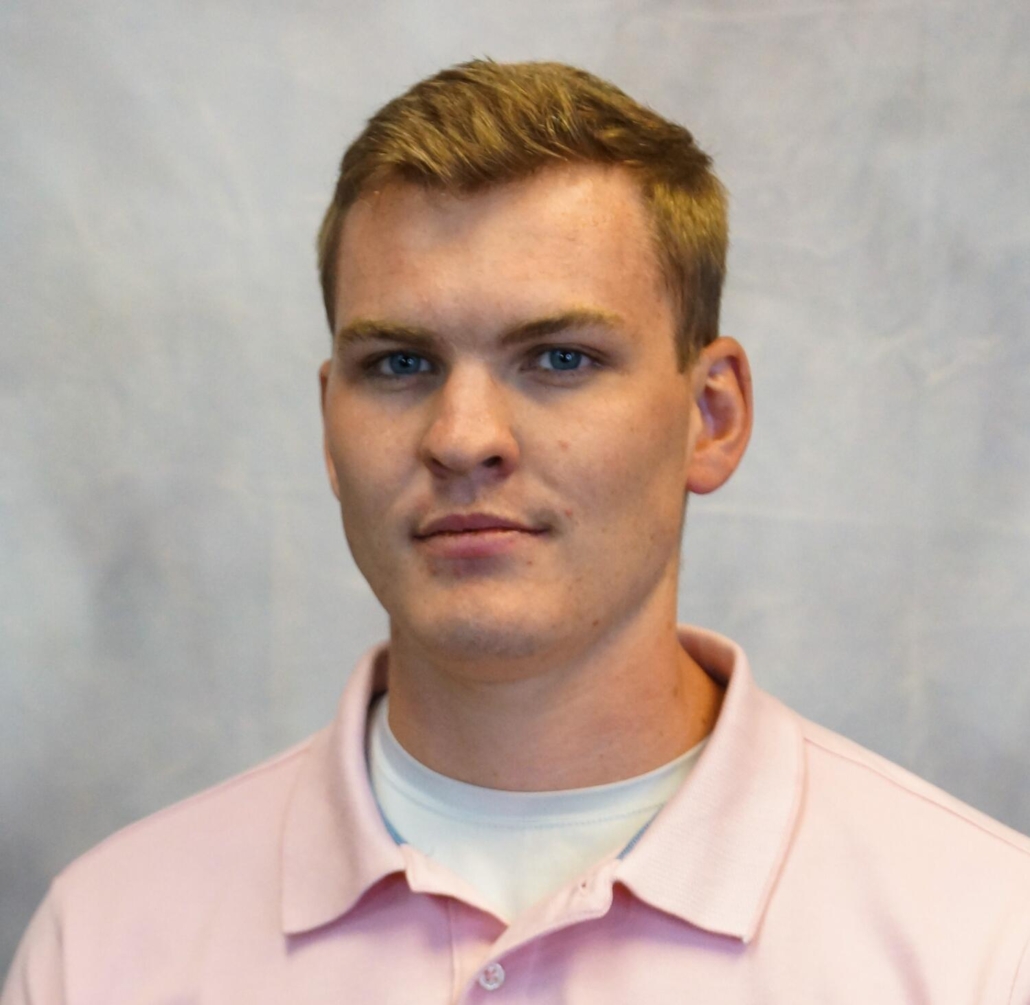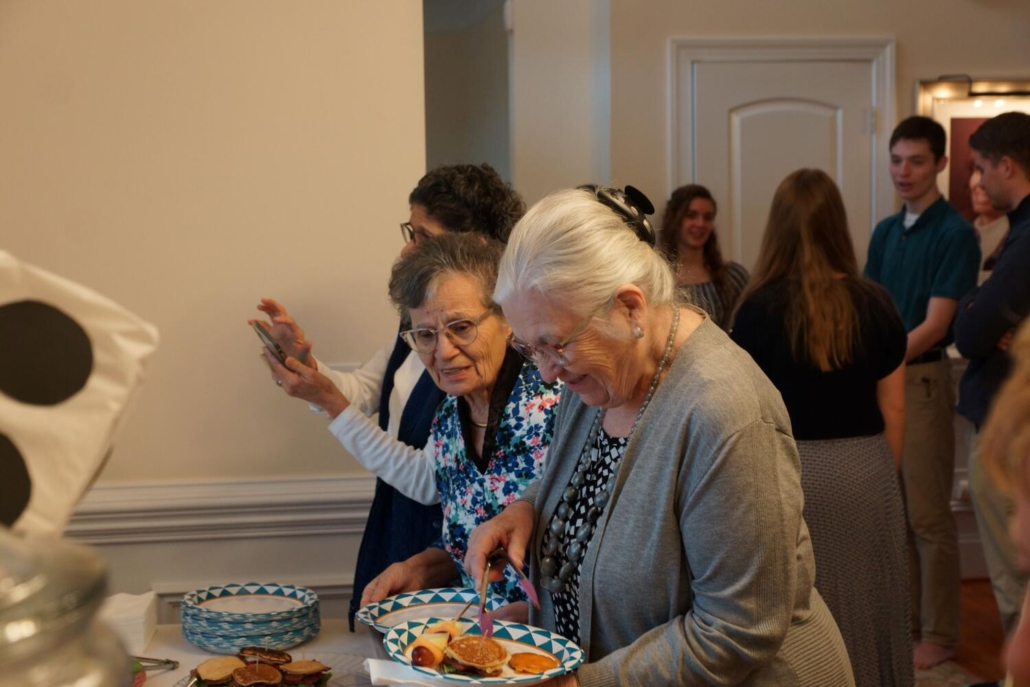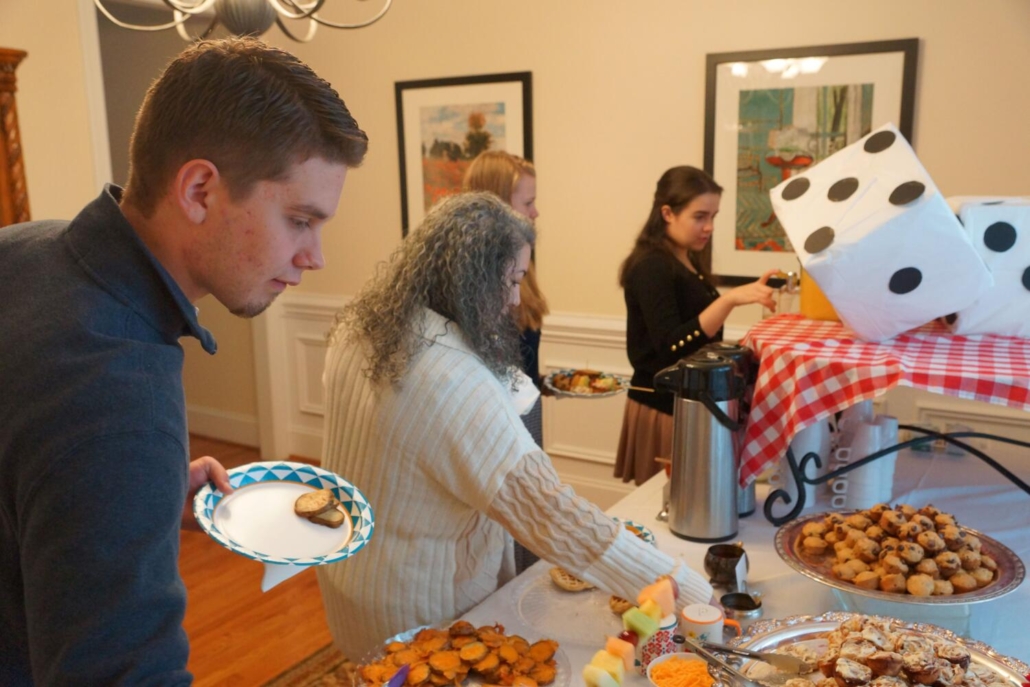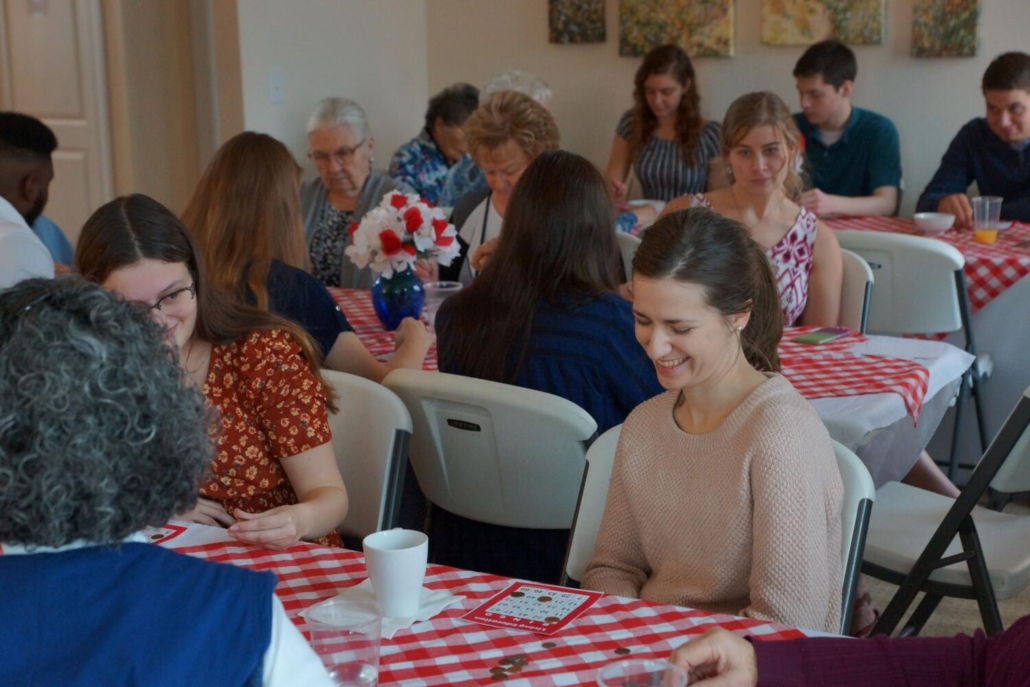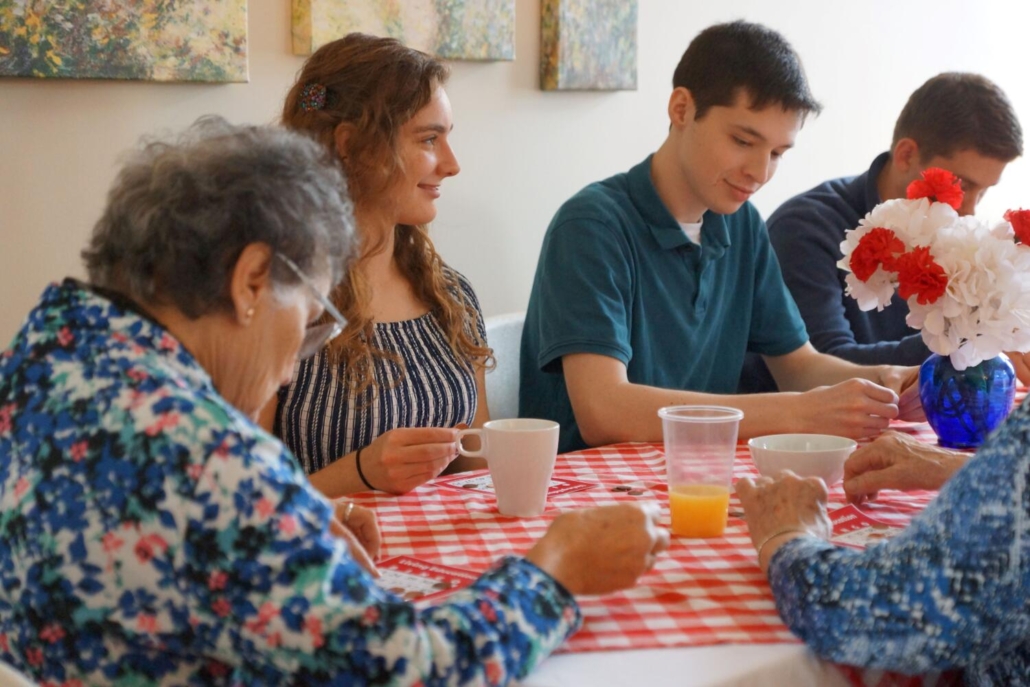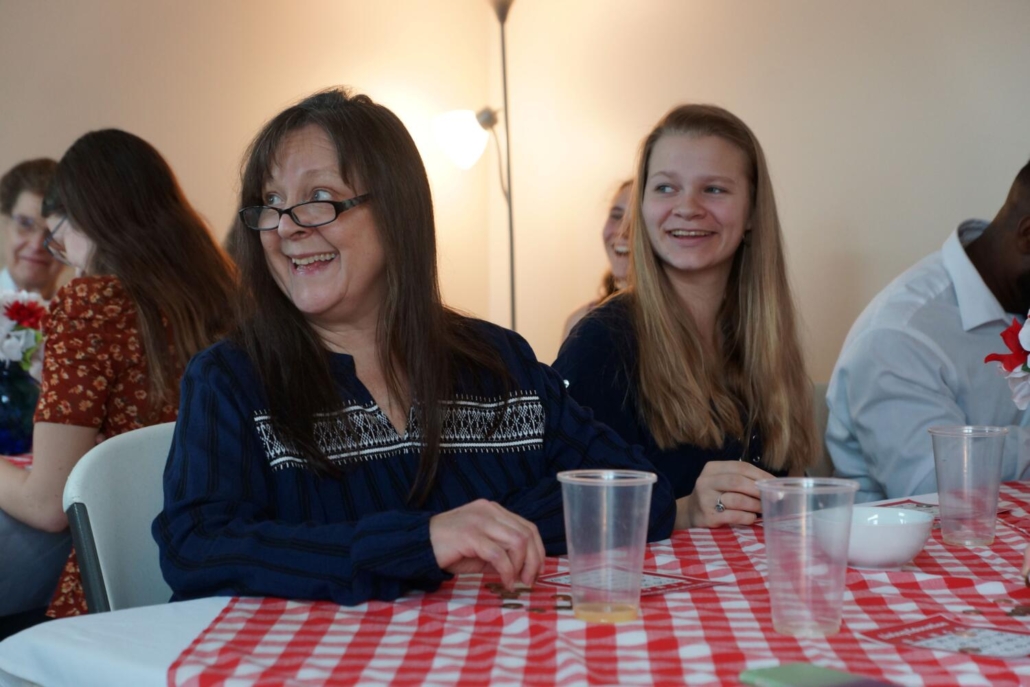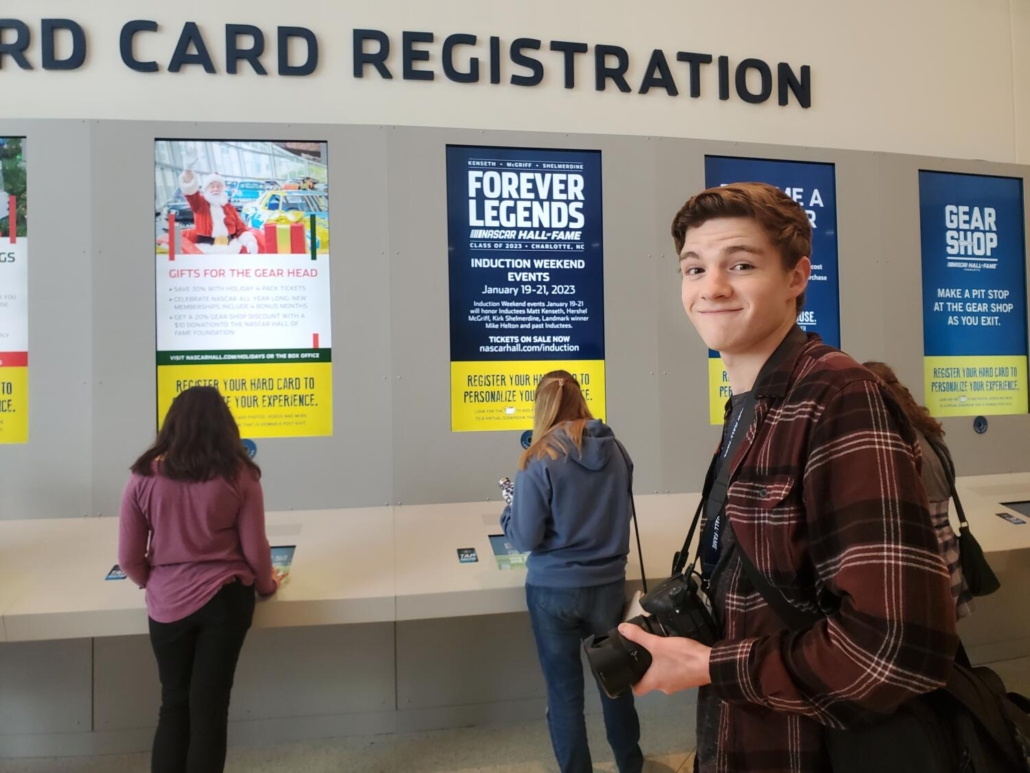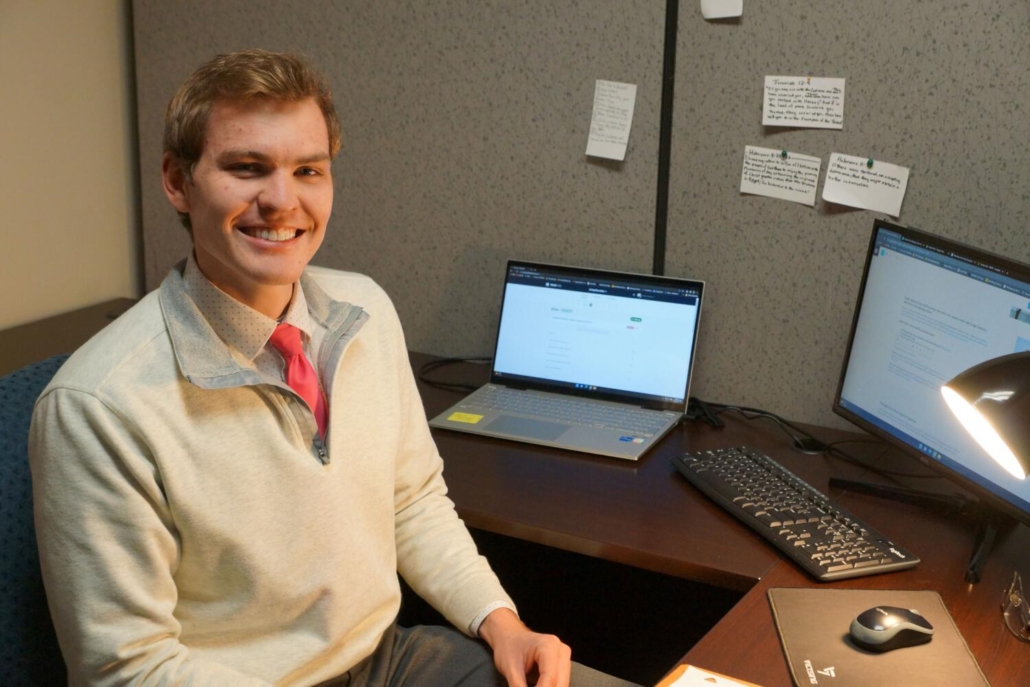The Meat of the Word
Author: Nathan Kroon | Student Leader, Living Education – Charlotte, 2022-23
Estimated Reading Time: 4 min.
Before he was cast down to Earth, Satan deceived one third of the angels.
Mr. Stuart Wachowicz began this forum by recalling this account from Revelation 12 and then stating that he has personally seen many ways in which Satan has tried to subtly leak false ideas into the Church, similar to how he did with the angels. One way is through over-speculation. Many newcomers in the Church are often curious about biblical history, prophecy, or doctrine that they may not be aware of. They often look forward to sermons on subjects that other churches may deem obscure and consider these messages to be the “meat” of the word. As a result, other sermons that discuss matters they have already heard about, such as how we should live God’s way of life, may not be as attention-grabbing or important to them. Some may believe they are only being fed the “milk” of the word and not the integral meat. Mr. Wachowicz stated that many people have left the Church in the past in search of this meat in the wrong places. How can we, as Christians, determine what is the real meat of the word and what is not?
Of Lambs and Wolves
Mr. Wachowicz instructed the students that one way to better receive the true word is to be of one mind and not seek to cause division among brethren. Paul warned his own brethren in Acts 20:29, writing, “For I know this, that after my departure savage wolves will come in among you, not sparing the flock.” He knew that these “wolves” would come preaching false ideas that would divide the congregations around them. Many people, in their pride, think they inherently know better and therefore only look for wolves that “show their teeth,” overlooking those “wolves in sheep’s clothing.” These preachers usually do not start outright with their wild ideas, but twist Scripture to fit their own point of view, getting people intrigued. We must therefore be able to discern real truth from speculation by studying the Bible on our own and watching our speakers’ examples to see if their conduct aligns with God’s way of life. The real meat of the word will never be found in flimsy speculations!
Word vs. World
We need to be willing to ask what criteria God will use to determine whether or not to grant us eternal life. Mr. Wachowicz read 1 John 2:15 to instruct the students not to prioritize the ways of the world and reminded them that those who perform the will of God and receive His word abide forever. Mr. Wachowicz stated that it can be difficult for us because we are set apart and different from everyone else, but we need to abide nonetheless and be of godly character. “Mr. Armstrong had a way of getting to the key point,” he said, “and he often said that character is knowing right from wrong and having the courage to do what’s right.” At times, we may become angry with the ways of the world, but we must be patient and merciful because the world has not yet received God’s revelation. We need to be praying for God’s guidance and searching the Scriptures for help in our way of living. The real meat of the word is living by the truth and learning the statutes that God has laid out for us. It is what will help us enter the Kingdom of God. Therefore, it is important to hear sermons that may seem like they are restating facts and truth that you have heard before because, as imperfect humans, we need to be constantly reminded of areas where we can improve in our way of living.
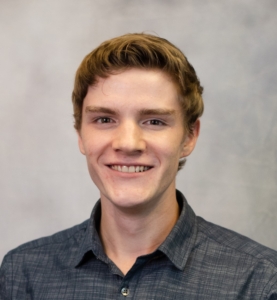
Nathan Kroon is a Student Leader at Living Education. He originally hails from Washington State and is a 4th generation Christian. Currently, he works at Headquarters as a Video Editor and is the Lead Landscaper at the LivingEd dorms. His hobbies include playing guitar, listening to music, drawing, and watching movies.

